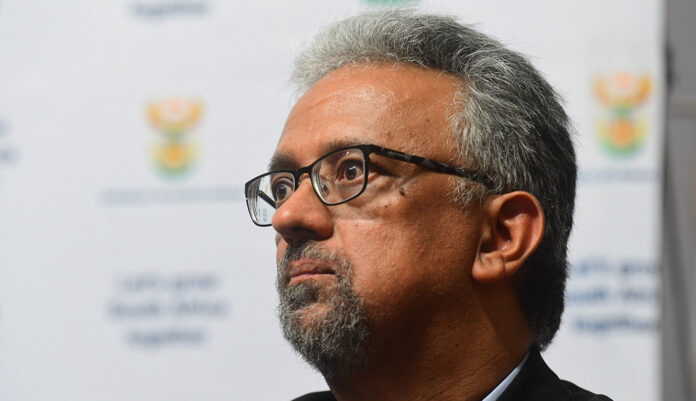South African schools have been issued a stern warning by the Department of Basic Education, saying that any institution which fails to offer pupils the choice between mathematics and mathematical literacy is violating national education policy.
The directive, issued via circular S13 of 2025 and signed by acting director-general Granville Whittle, states that mathematics is not optional; it is a compulsory component of the National Senior Certificate (NSC), and all schools must give pupils access to either subjects from Grades 10 to 12.
This follows mounting reports that some schools are sidelining mathematics entirely, effectively forcing pupils into mathematical literacy without choice, a move that undermines students’ academic futures and breaches NSC regulations.
At least 464 public schools in South Africa are reported to have elected to stop offering pure mathematics.
“Every learner in the Further Education and Training (FET) phase must be given the opportunity to choose between mathematics and mathematical literacy. Failure to do so is not compliant with the NSC policy,” it reads.
The only exceptions are schools with approved specialist focuses, such as technical high schools or maths-and-science academies offering technical mathematics.
Under the NSC structure, pupils must complete seven subjects, four of which are core: two official languages (one at home language level), life orientation, and mathematics or an equivalent maths subject (eg mathematical literacy or technical mathematics). The remaining three are electives.
The circular was issued shortly after a formal letter from African Transformation Movement (ATM) leader Vuyo Zungula to Basic Education Minister Siviwe Gwarube.
“ATM is deeply concerned about the reported removal of pure mathematics from schools,” wrote Zungula in his letter dated July 21.
Zungula argued that the trend is particularly widespread in historically disadvantaged communities, where mathematics is being phased out due to systemic issues like teacher shortages, overcrowded classrooms, and a lack of resources.
“Rather than solving these problems, the system appears to accommodate them by lowering the standards, effectively institutionalizing mediocrity and cementing a two-tier education system. One where privileged learners are equipped for the global economy and the rest prepared for marginalised, low-skill futures,” he warned.




